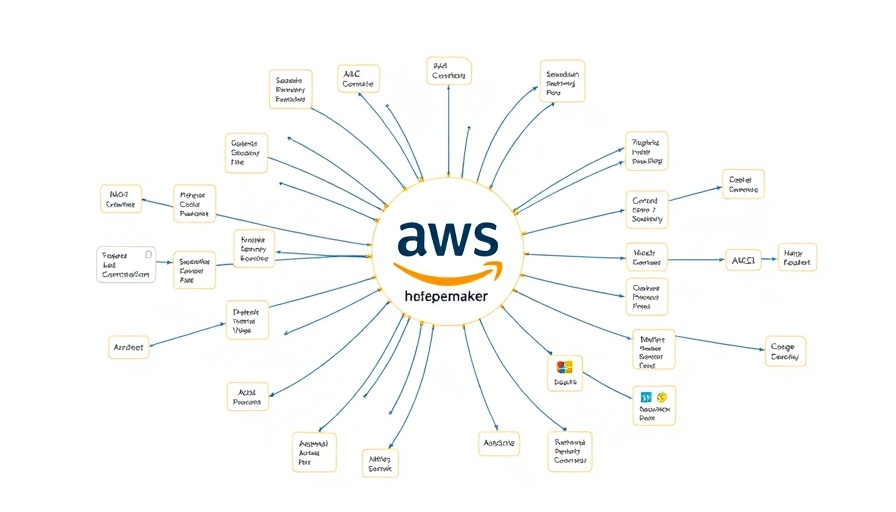
Navigating the Antitrust Landscape: Google's Legal Battle
The recent developments in Google's antitrust case have sent shockwaves through the tech industry. The U.S. Department of Justice (DOJ) has proposed stringent measures that, if mandated, could reshape Google's business architecture. The core of the issue began in 2020 when allegations surfaced that Google was operating as an illegal monopoly. With a decisive ruling from Judge Amit Mehta affirming this position, the DOJ's subsequent recommendations hold potentially transformative implications for the tech giant.
Proposed Remedies: A Potential Industry Shake-Up
Central to the DOJ's proposals is the call to cease “third party payments”—a practice allowing Google to pay companies like Apple and Mozilla to make Google the default search engine on their platforms. This strategy has been pivotal in shaping Google's market dominance. Furthermore, the DOJ insists Google should share search data with competitors like Microsoft and DuckDuckGo, a move aimed at leveling the technological playing field.
The most radical measure might be the divestiture of Google's control over Chrome and Android. Selling these assets would dramatically alter Google's operations and market influence, potentially shrinking its grip across global tech landscapes.
Balancing Innovation and Competition
One of the more debatable aspects of these proposals is restricting Google from investing in emerging search or AI startups. Given the current surge in AI innovation, barring Google from these investments might hinder overall technological progress. It raises discussions around how antitrust regulations can balance market competition with fostering innovation.
Future Predictions and Trends
Looking beyond the immediate effects, this antitrust ruling may set precedents impacting tech giants across the board. If executed, these measures could spur a reevaluation of business practices, urging companies to adopt fairer competition measures. It might also lead to enhanced regulatory frameworks worldwide, as nations observe the outcomes of such legal battles in the United States.
Actionable Insights and Practical Tips
For decision-makers, adapting to a potentially transformed tech environment becomes crucial. Executives should monitor regulatory landscapes closely and emphasize transparent competitive practices to mitigate risks. Additionally, exploring diversified partnerships could offset vulnerabilities tied to dependencies on single tech entities like Google.
 Add Row
Add Row  Add
Add 




Write A Comment